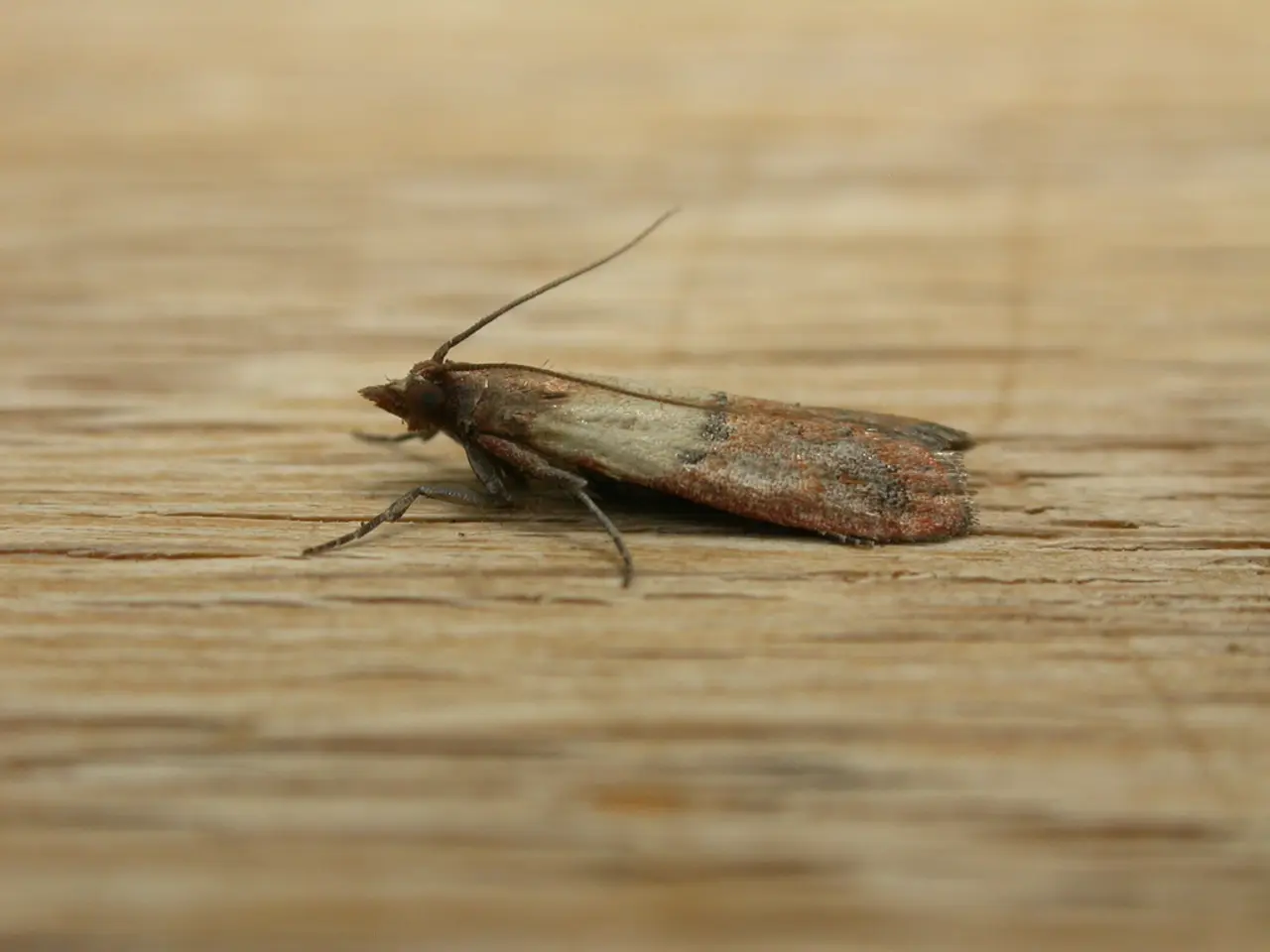Rising Cases of Deadly 'Brain-Eating' Amoeba Trigger Health Emergency in India's Kerala
In the southern Indian state of Kerala, a concerning increase in cases of Primary Amoebic Meningoencephalitis (PAM) has been reported. This water-borne disease is caused by the Naegleria fowleri amoeba, often referred to as the 'brain-eating amoeba' by the US Centers for Disease Control and Prevention (CDC).
According to the Kerala government, as of 2025, a total of 69 cases have been reported since the first case was detected in 2016. Tragically, 19 lives have been lost to this disease. The latest casualty was a three-month-old baby, and three deaths have been reported in the last month alone.
Dr. Altaf Ali, a member of the government task force, has expressed concern that new cases this year have emerged from across the state, not just specific pockets. This dispersed distribution of cases complicates epidemiological investigations, as the cases are not clustered around a single water source.
In response, the Kerala government has initiated chlorination of wells, water tanks, public bathing areas, and other potential contact areas to combat the disease. The task force is also conducting large-scale tests to detect and treat cases of PAM.
The Health Minister of Kerala, Veena George, has stated that the cases are single, isolated incidents. However, the majority of the newly emerged cases in 2025 have been reported in the Kozhikode district.
PAM is contracted when contaminated water enters the nose. Symptoms, as reported by the World Health Organization, include headache, fever, and vomiting, which can rapidly progress to seizures, altered mental status, hallucinations, and coma. If Naegleria fowleri reaches the brain, it can cause an infection that kills more than 95 percent of those affected.
Since 1962, nearly 500 cases of PAM have been reported worldwide, mostly in the United States, India, Pakistan, and Australia. The CDC warns that infections with Naegleria fowleri are very rare but nearly always fatal.
Last year, there were nine deaths out of 36 reported cases in Kerala. It is crucial that the public remains vigilant and aware of the risks associated with this deadly disease.
The amoeba does not spread from person to person and lives in warm lakes and rivers. To reduce the risk of infection, it is recommended to avoid jumping into warm freshwater bodies, hold the nose while submerging the head underwater, and not allow water to go up the nose when swimming or bathing.
The Kerala government urges the public to take these precautions seriously and to seek immediate medical attention if symptoms of PAM are suspected. It is hoped that through increased awareness and preventative measures, the spread of this deadly disease can be contained.
Read also:
- Abu Dhabi initiative for comprehensive genetic screening, aiming to diagnose over 800 conditions and enhance the health of future generations in the UAE.
- Elderly shingles: Recognizing symptoms, potential problems, and available treatments
- Exploring the Reasons, Purposes, and Enigmas of Hiccups: Delving into Their Origins, Roles, and Unsolved Aspects
- Various forms of cataracts include nuclear, pediatric, traumatic, and additional types







